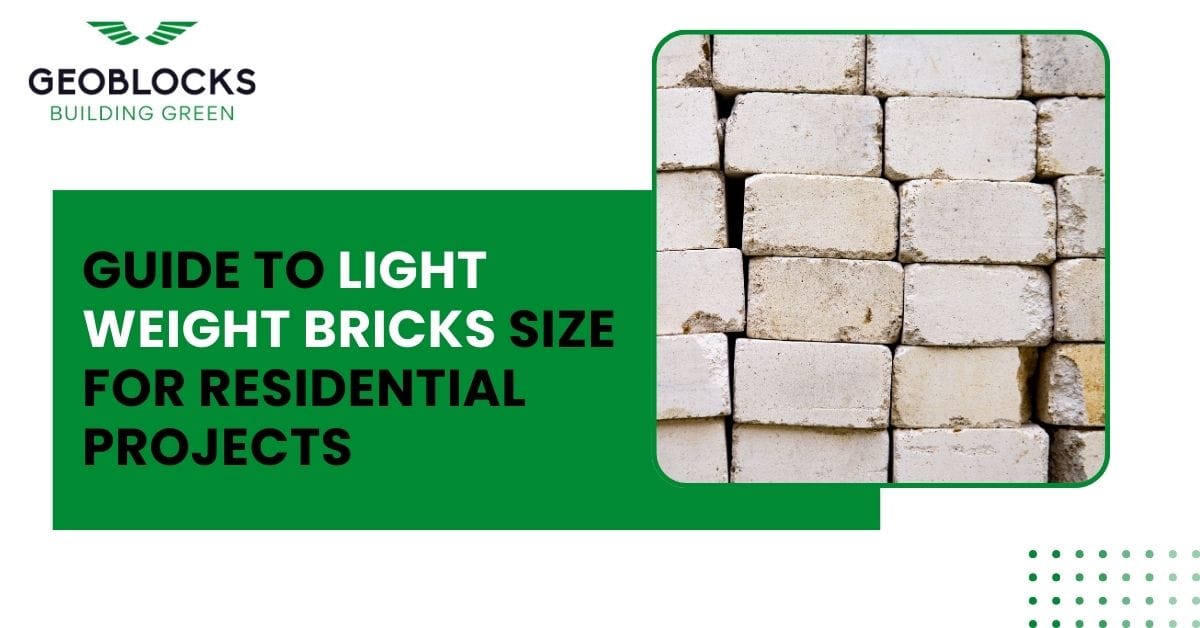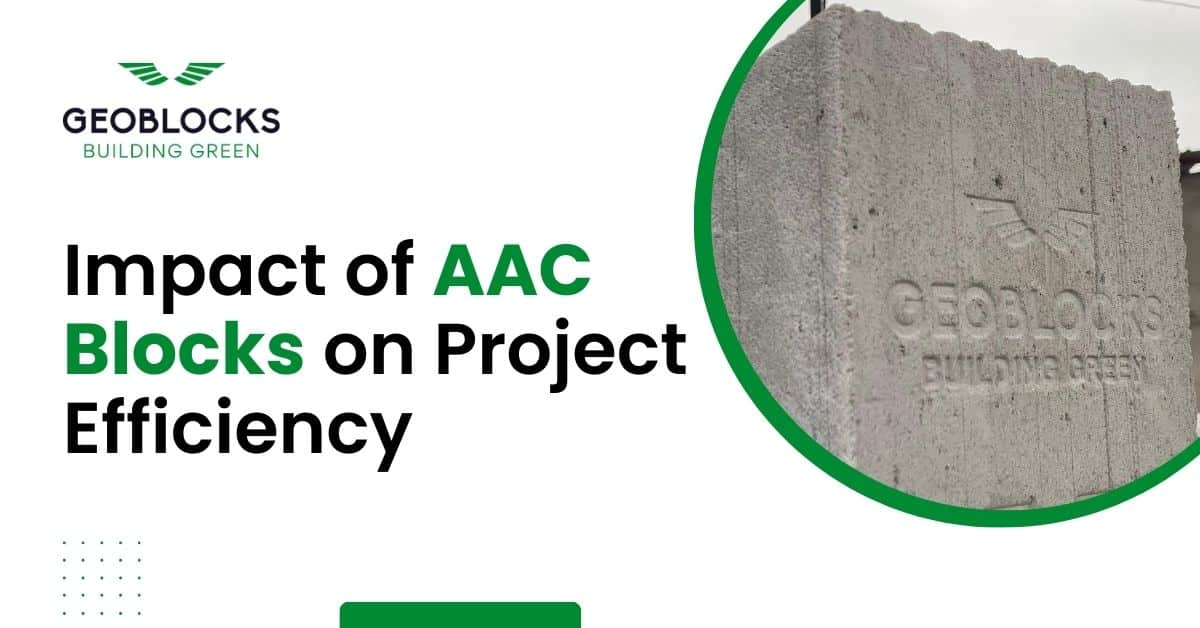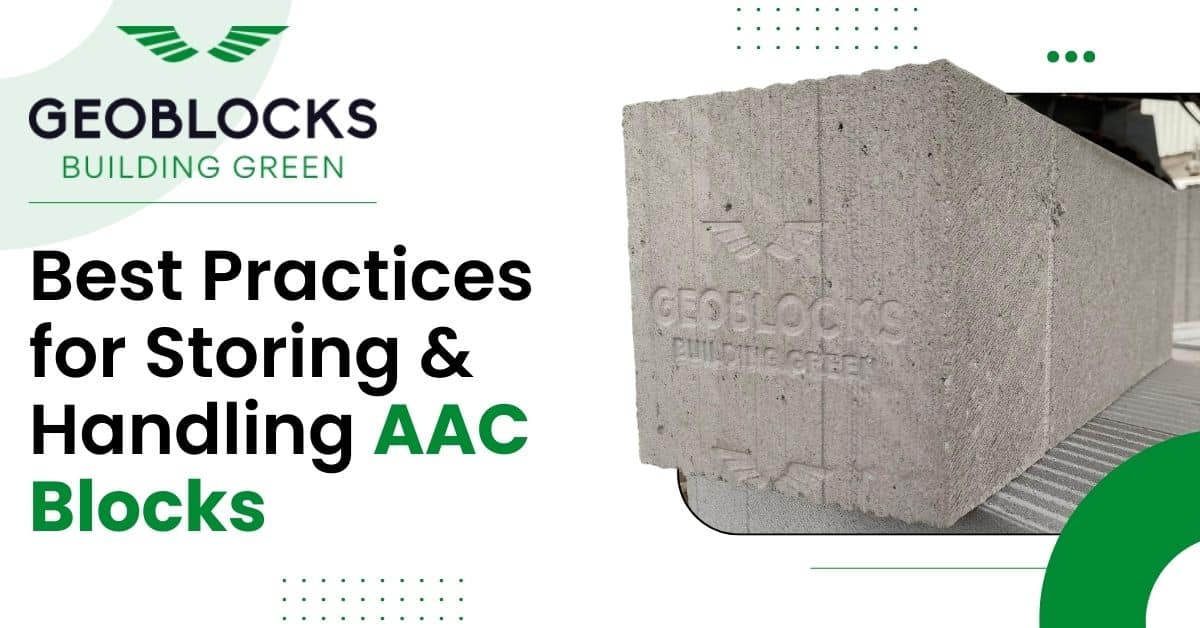Installing AAC blocks the right way is crucial for long-lasting, energy-efficient, and eco-friendly construction. Whether…

When it comes to residential construction, choosing the right materials is crucial. Light Weight Bricks, known for their Strength and Thermal Efficiency, are increasingly popular in Modern Building Projects. Understanding the appropriate sizes and their applications can significantly impact the structural integrity and energy efficiency of your home.
Benefits of Light Weight Bricks
Light Weight Bricks are made from materials like aerated concrete or expanded clay. They offer several advantages over traditional bricks, including lower density, better insulation properties, and reduced transportation costs. Their size varies based on the specific requirements of a project, but standard dimensions typically include 600 x 200 x 100 mm or 600 x 200 x 200 mm.
Choosing the Right Size
Selecting the appropriate size of Light Weight Bricks depends on several factors, such as Wall Thickness, Structural Load, and Insulation Needs. For load-bearing walls, larger bricks may be preferred to minimize joints and enhance stability. Conversely, smaller bricks can be more suitable for interior partitioning or non-load-bearing walls, providing flexibility in design.
Frequently Asked Questions
What is the Standard Size of Light Weight Bricks?
Standard Sizes typically range from 600 x 200 x 100 mm to 600 x 200 x 200 mm, but custom sizes are available.
Are Light Weight Bricks More Cost-Effective?
Yes, Light Weight Bricks often reduce construction costs due to lower transportation expenses and quicker installation.
How do Light Weight Bricks Improve Energy Efficiency?
Their Insulation Properties help Maintain Indoor Temperatures, Reducing Heating and Cooling Costs.
Conclusion
Incorporating Light Weight Bricks into your residential project can enhance both structural integrity and energy efficiency. At GEOBLOCKS, we provide high-quality Light Weight Bricks tailored to your construction needs. Consult our team for expert advice on selecting the right size and type for your project, ensuring a durable and sustainable build.




